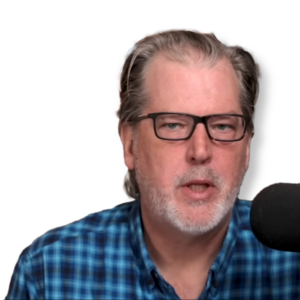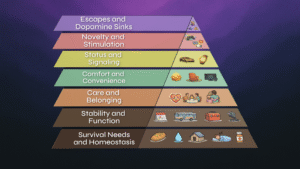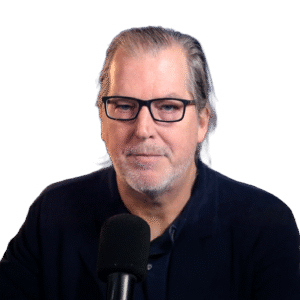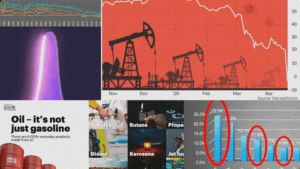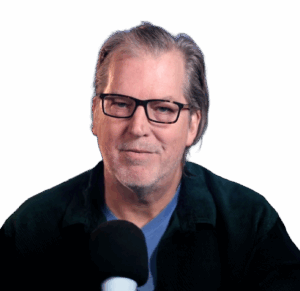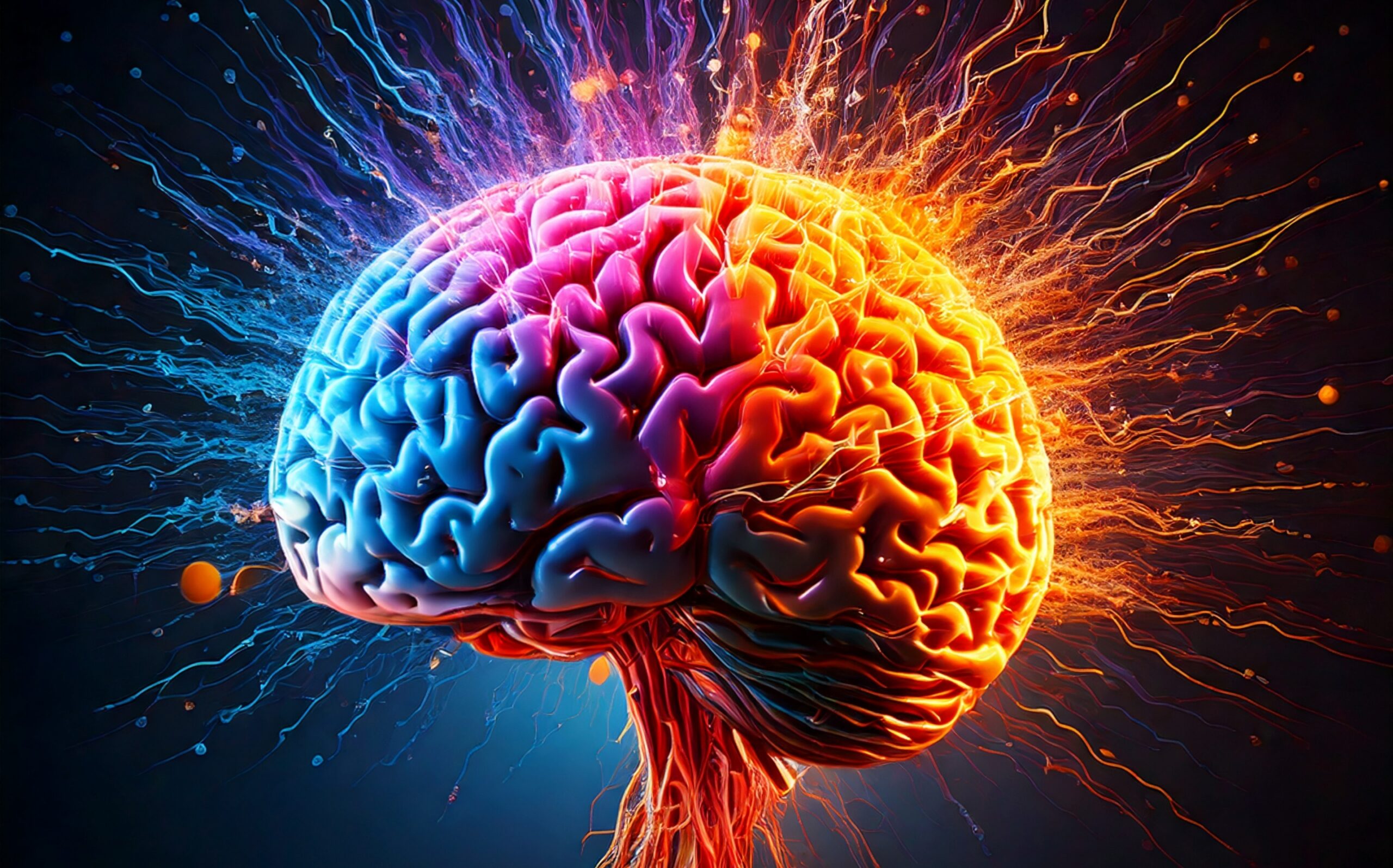
#89 | Frankly
Thinking and Feeling
Description
The human brain has proven to be particularly good at breaking down all sorts of things into categories and dichotomies – even our perception of the world itself is often split between ‘thinking’ and ‘feeling,’ shaped by the sensory input we receive. It seems that our values, beliefs, opportunities – even how we define ourselves as individuals – are limited to opposing and polarized options. Yet, does this binary mindset only lead us toward more blind-spots?
In this Frankly, Nate unpacks the influence of beliefs on our feelings, and how it ultimately affects our actions. As global risks and complexity intensify and those with political power accelerate deeper divides, adopting an integrative perspective will become essential for fostering connection, cooperation, and civility. The over-reliance of the last few decades on objective facts and science is no longer enough. Now is the time to re-align our analytics with values and emotions that will light our path forward through challenges of the next few decades.
What might we achieve if we moved beyond dichotomies and embraced dualities, recognizing the importance of both sides of the same coin? Is it possible for western cultures to embrace our ‘feeling’ capabilities, without losing our trajectory of great contributions to science and knowledge for the world? Lastly, in what ways can we as individuals shift the way we relate to the world – to integrate thinking and feeling – so that we might remain engaged and informed citizens during these uncertain times?
In French, we have a motto that says that a simple drawing is often better than a long explanation. Jean-Marc Jancovici Carbone 4 President
That’s very understandable because with left atmosphere thinking, one of the problems is that you see everything as a series of problems that must have solutions. Iain McGilchrist Neuroscientist and Philosopher
We can’t have hundreds and hundreds of real relationships that are healthy because that requires time and effort and full attention and awareness of being in real relationship and conversation with the other human. Nate Hagens Director of ISEOF
This is the crux of the whole problem. Individual parts of nature are more valuable than the biocomplexity of nature. Thomas Crowther Founder Restor
Show Notes & Links to Learn More
Download transcript00:06 – Frankly #88 Rocks in the River
00:24 – Ukraine War
00:35 – Dennis Meadows
00:39 – Oil Depletion slides 13-21
00:56 – Biophysical Macroeconomics
04:39 – Wide Boundary
05:05 – Metacrisis
05:20 – Marvin Harris, Social Structure, Superstructure, Infrastructure
05:42 – MacGyver
06:23 – Venn Diagram
07:18 – NOAA, NASA, U.S. Weather Bureau [National Weather Service], U.S. Fish and Wildlife Service, U.S. National Park Service, EPA [U.S. Environmental Protection Agency], DOE [U.S. Department of Energy], IEA [International Energy Agency]
07:42 – The Great Simplification

